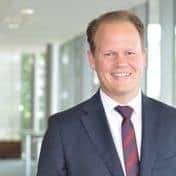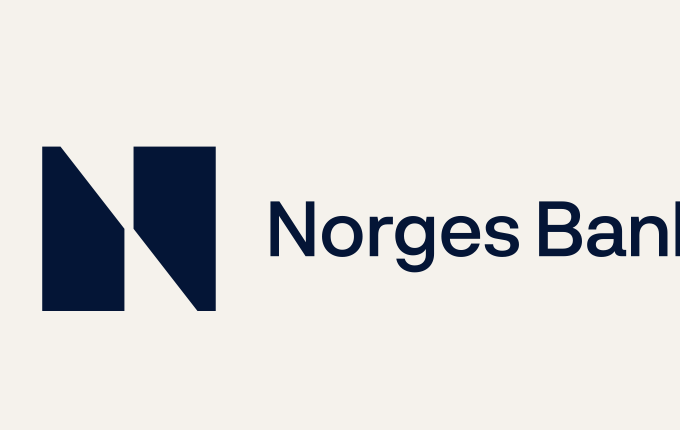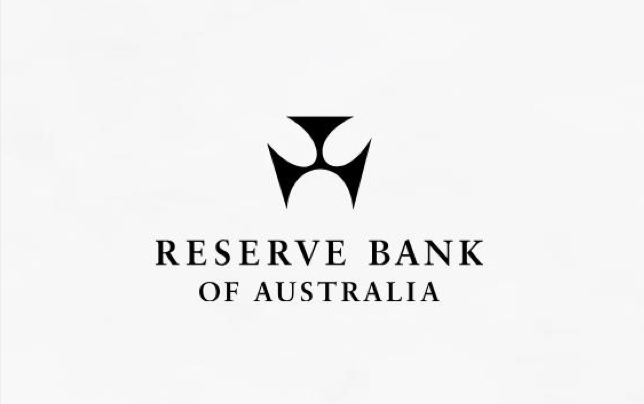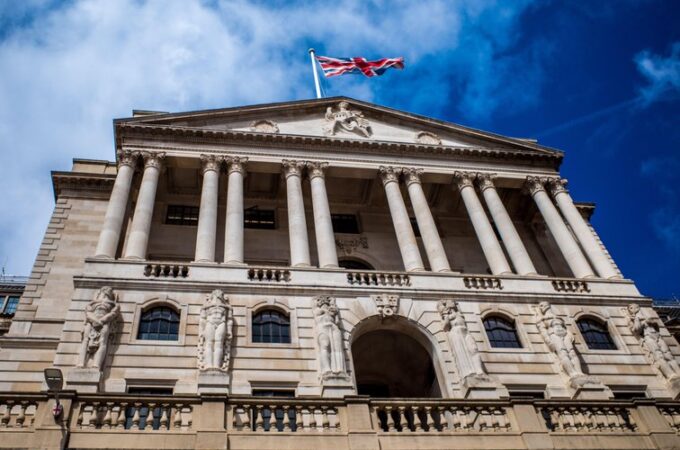German Sutor Bank Launches Micro Investment App in Fintech Push
Hamburg, Germany based Sutor Bank(founded in 1921) has launched a new “micro-investment app” described as delivering an “investment to go’ feature for users. Sutor Bank said it is expanding its range of Fintech collaborations by partnering with startup savemateproviding the investment app that is running on the system platform of Sutor Bank.
With savemate users can “invest spontaneously” from 10 euros and up with a click into ETF portfolios. The selected fund is contingent upon the investors level of risk toleranace. Out of the gate, users will be invested in a balanced fund portfolio. In the near future, five investment models will be made available: a savings account of the three portfolios “conservative”, “balanced” and “dynamic”; to a sustainable portfolio that invests 100 percent in equities of companies from around the world. Investors may focus on impact sectors such as environmental protection, social responsibility and corporate governance.
Sutor Bank manages the deposits and the ETFs. The communication between the app savemate and the portfolio management system of the bank is fully automated via an integrated API.
 Sutor Bank says that applicable fees start at €1,500 at€1 per month, at a sum of between €1,500 and €20,000 euros at 0.79 percent of their portfolio’s value per year and more than €20,000 at 0.49 percent per year.
Sutor Bank says that applicable fees start at €1,500 at€1 per month, at a sum of between €1,500 and €20,000 euros at 0.79 percent of their portfolio’s value per year and more than €20,000 at 0.49 percent per year.
“We have opted for Sutor Bank as a partner because it is one of the few banks that can implement the high-frequency application of small amounts of money in ETF portfolios. We also have an ecosystem of digital investment and saving companies, with whom we can cooperate potential, “explains Jens Katthagen, founder and CEO of savemate.
Robert Freitag, CEO of Sutor Bank, said they were pleased to have another Fintech partner providing an innovative investment model;
“We believe that by being able to invest very small amounts spontaneously at a low cost, many people will investment who previously had nothing to do with the capital markets.”




